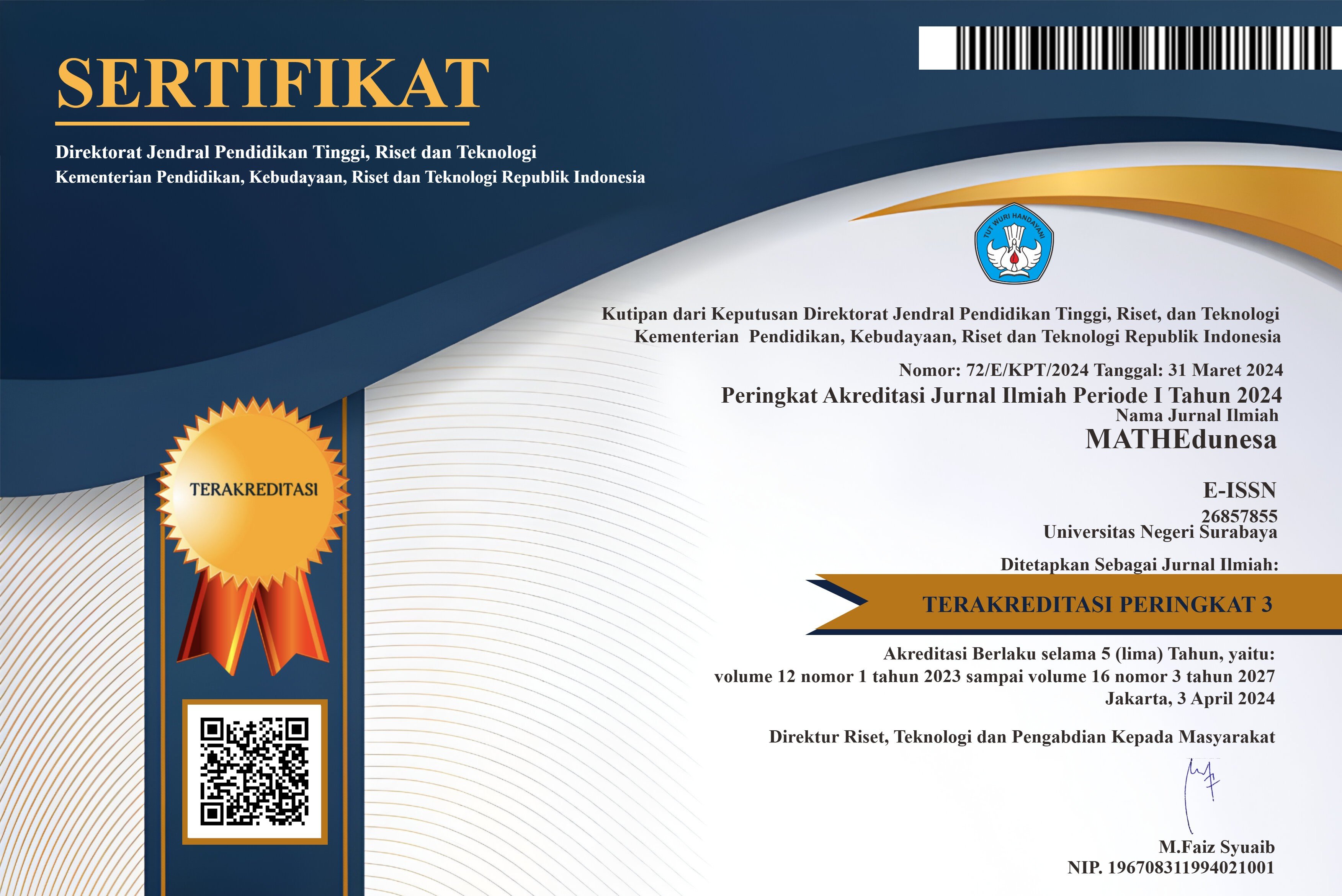DOI:
https://doi.org/10.26740/mathedunesa.v9n1.p15-23Downloads
Download data is not yet available.
Downloads
Published
2020-01-31
Issue
Section
Psychology
 Abstract views: 168
,
Abstract views: 168
, PDF Downloads: 302
PDF Downloads: 302




